VOL- 1 ISSUE- 2, Pune Research -An International Journal in English (ISSN 2454-3454)
INDEX
Area of Article : All
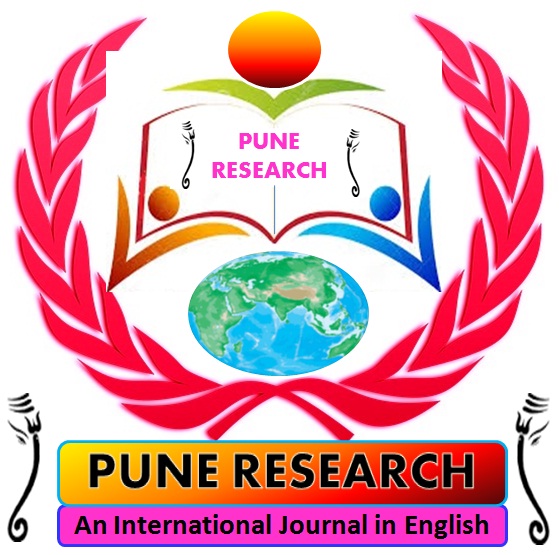
VOL- 1 ISSUE- 2, Pune Research -An International Journal in English (ISSN 2454-3454)
INDEX

VOL- 1 ISSUE- 2, Pune Research -An International Journal in English (ISSN 2454-3454)
1.2.1
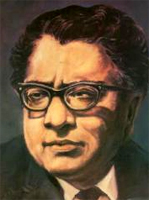
VOL- 1 ISSUE- 2, Pune Research -An International Journal in English (ISSN 2454-3454)
1.2.2
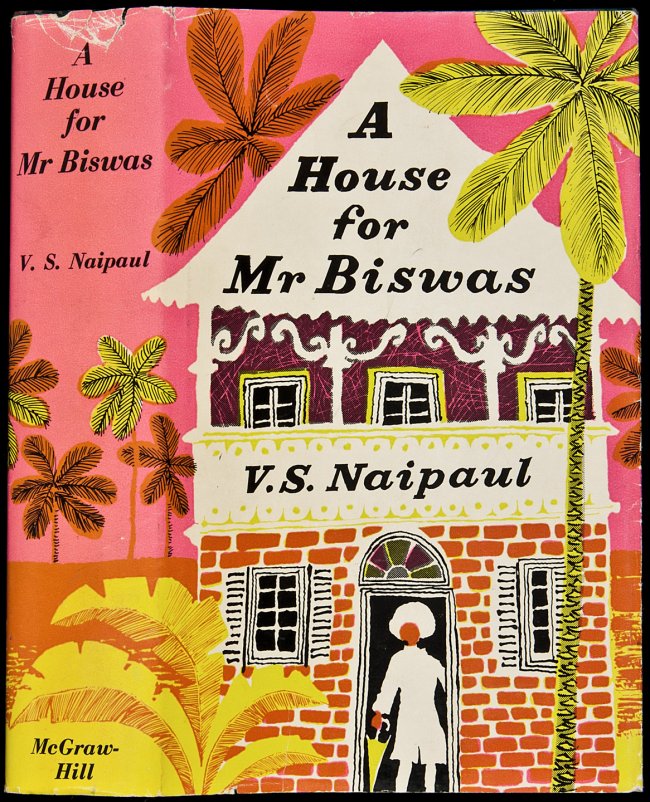
VOL- 1 ISSUE- 2, Pune Research -An International Journal in English (ISSN 2454-3454)
1.2.3
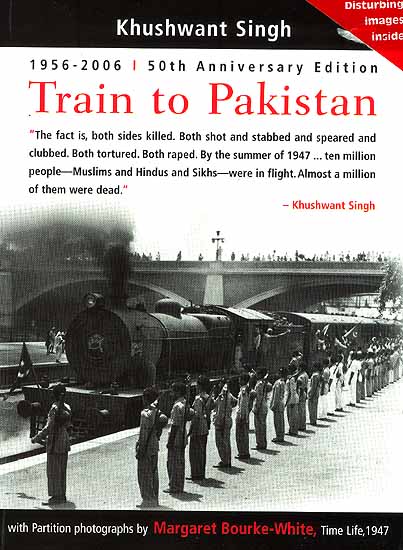
VOL- 1 ISSUE- 2, Pune Research -An International Journal in English (ISSN 2454-3454)
1.2.4
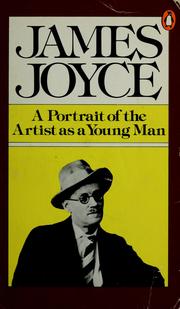
VOL- 1 ISSUE- 2, Pune Research -An International Journal in English (ISSN 2454-3454)
1.2.5
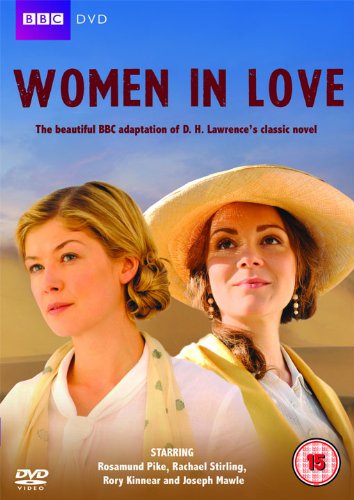
VOL- 1 ISSUE- 2, Pune Research -An International Journal in English (ISSN 2454-3454)
1.2.6

VOL- 1 ISSUE- 2, Pune Research -An International Journal in English (ISSN 2454-3454)
1.2.7

VOL- 1 ISSUE- 2, Pune Research -An International Journal in English (ISSN 2454-3454)
1.2.8
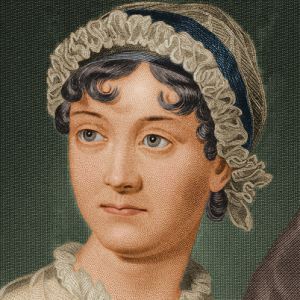
VOL- 1 ISSUE- 2, Pune Research -An International Journal in English (ISSN 2454-3454)
1.2.9
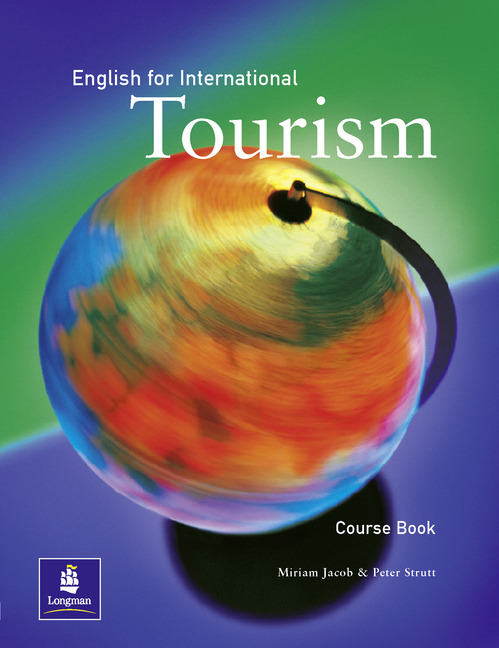
Nationally acknowledged holy places such as Newasa, Shani Shingnapur and Shirdi, located in the Ahmednagar district of Maharashtra are endowed with great religious and cultural heritage. These places have witnessed growing number of foreign devotees in the last decade. They are naturally very eager to know the cultural and religious importance of the holy places. However, the lack of common medium of communication leaves them disappointed. The present paper explores the opportunities that local graduates of Newasa, Shani Shingnapur and Shirdi could have had they been fluent speakers of English. It also focuses on the prospects of employment that language can bring to the doorsteps of the graduates who have acquired the basic skills of the English language.
VOL- 1 ISSUE- 2, Pune Research -An International Journal in English (ISSN 2454-3454)
1.2.10
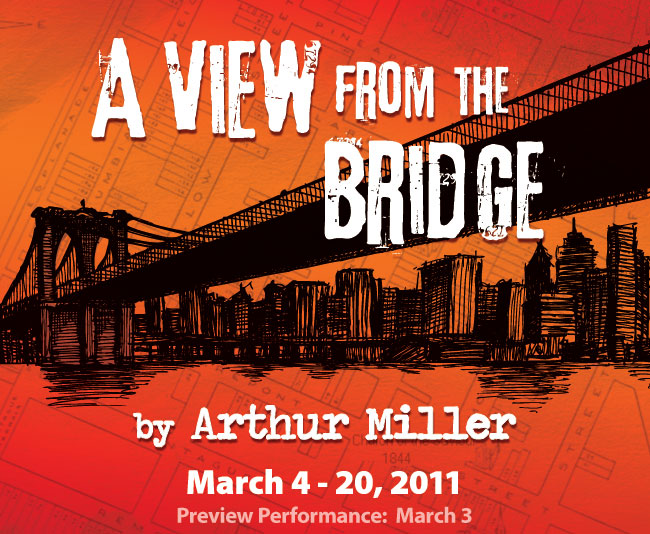
VOL- 1 ISSUE- 2, Pune Research -An International Journal in English (ISSN 2454-3454)
1.2.11
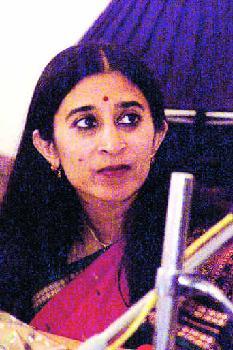
Feminism is a woman’s out look of the world. It is a political ideology that challenges the roles of male dominated society. Feminism seeks to expose the mechanism of patriarchy in works of art. The representations of women in the literary texts stress and justify sociopolitical oppression of women as natural. The Feminist movement aims at over throwing social practices that lead to the oppression and victimization of women. Woman’s quest for self-knowledge and self-realization, which can in turn lead to the relationships based on mutual respect and understanding is the crux of Feminism.
The International Women’s day celebrated in 1982 has awakened many women across the world, and so in India. Women in India started realizing their respective position in the society, their subjugation, and lack of freedom, slavery and various binding chains of custom, culture, and religion and ascertained their love for freedom. Feministic notions, movements have dominated ever since. They tried to understand the social structure and thought a number of solutions and tried to rewrite history. Women writing literature on women became an important postmodern phenomenon along with a new meaning given from the feminine consciousness to the old and established renowned epics and texts. The present paper presents the world of women representation from the point of view of Anjana Appachana in her short fiction.
Key words: Feminism, political ideology, self-realization, relationships, mutual respect and understanding, Women writing literature on women, Anjana Appachana’ short fiction.
VOL- 1 ISSUE- 2, Pune Research -An International Journal in English (ISSN 2454-3454)
1.2.12
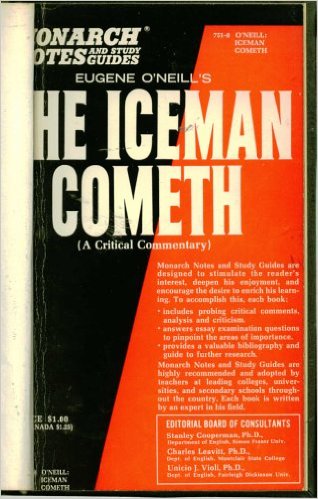
Eugene O’Neill is a great writer who has credited to his account large number of one-act as well as full length plays. Most of his dramas unfold the tragedy of dreamers. He is the first American playwright to win Nobel Prize in literature. His plays concentrate on the problems of common people. Most of his plays are packed with violence and destruction and therefore he is considered as a tragic artist. He wrote materialistic plays that are fused with the elements of symbolism, illusion and melodrama and scenes of despair and frustration. It resulted from the improbability and inaction of characters which finally becomes a tragedy of modern life. The Iceman Cometh is one of the greatest plays in American drama. He completed its writing in 1936 but delayed its production due to the war. He wrote tragedies but they are different from the conventional or the Aristotelian form. The basic theme of his story is man’s disorientation and unusual bafflement. His characters suffer from bewilderment ‘from within and from without’. This happens due to the complete lack of faith in the spirituality, self-esteem and power of religion which ultimately resulted into a feeling of insecurity. Thus the characters suffer from anguish and fear. Life for them is nothing but a mechanical or impersonal process. They do not consider themselves as a part of universe and therefore a feeling of emptiness and not belonging is rooted deeply in their mind. This feeling overshadowed their natural being and they are caught into the violent trap of tragic tension. To get relief from this tragic tension, they starts dreaming and tries to escape from the reality of life. The illusion has become the real cause of their downfall. Almost all the characters from The Iceman Cometh are shown indulged in their own ‘pipe dreams’ which restricted them from doing anything and from facing the realities of life. Thus the escape from reality is the real cause of tragedy.
VOL- 1 ISSUE- 2, Pune Research -An International Journal in English (ISSN 2454-3454)
1.2.13
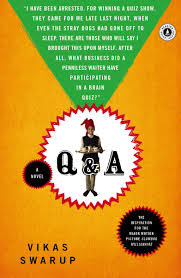
VOL- 1 ISSUE- 2, Pune Research -An International Journal in English (ISSN 2454-3454)
1.2.14
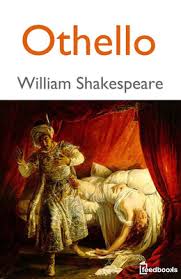
VOL- 1 ISSUE- 2, Pune Research -An International Journal in English (ISSN 2454-3454)
1.2.15
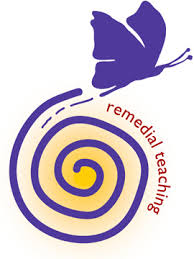
VOL- 1 ISSUE- 2, Pune Research -An International Journal in English (ISSN 2454-3454)
1.2.16
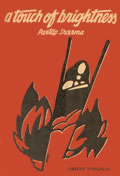
VOL- 1 ISSUE- 2, Pune Research -An International Journal in English (ISSN 2454-3454)
1.2.17
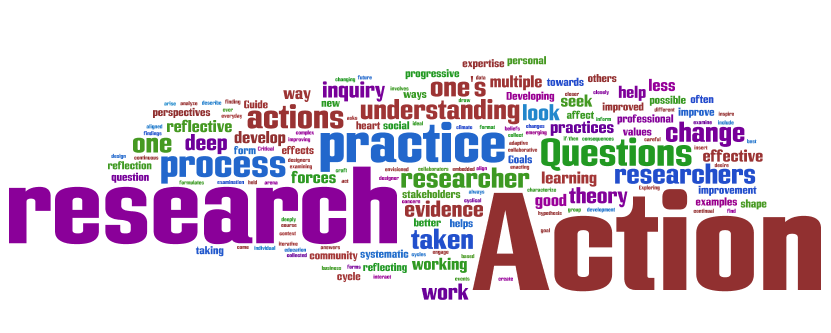
VOL- 1 ISSUE- 2, Pune Research -An International Journal in English (ISSN 2454-3454)
1.2.18

VOL- 1 ISSUE- 2, Pune Research -An International Journal in English (ISSN 2454-3454)
1.2.19

A great
challenge before the educator/academician is prepare a student to be successful
at the work place.
Engineers/Technicians/Management graduates, who are seeking jobs
outside, complain about competition and the problem of unemployment. Industries
complain about the lacking of academic and non-academic logic in the fresher.
But it is not the problem of unemployment or academic knowledge but lack of
employability skills.
The prime
focus of this paper is to provide a strong theoretical foundation and a
practical understanding of employability skills with a view to enhance
students’ ability for improved and effective pedagogies. It starts with need of
employability skills in business, explaining further the academic perception of
the same. It discusses skills like leadership, team building, time management
and communication skills. The paper offers actual classroom implementations of
teaching of the skills.
Keywords:
employability, soft skills, workplace, success, industries, academicians,
educational institutions etc.
VOL- 1 ISSUE- 2, Pune Research -An International Journal in English (ISSN 2454-3454)
1.2.20

Key Words - Reading, Speaking, Writing, Productive, techniques, Language
VOL- 1 ISSUE- 2, Pune Research -An International Journal in English (ISSN 2454-3454)
1.2.21
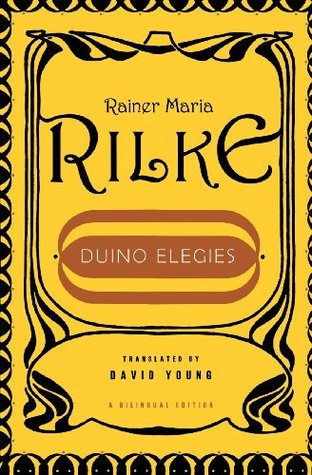
VOL- 1 ISSUE- 2, Pune Research -An International Journal in English (ISSN 2454-3454)
1.2.22
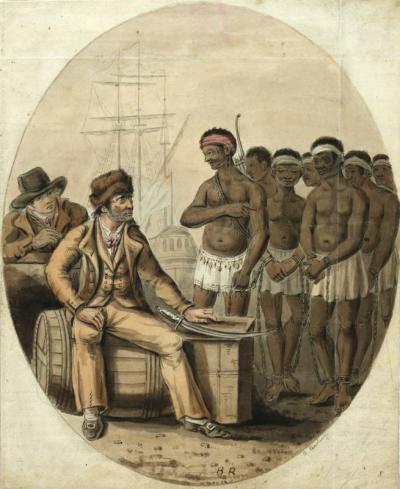
VOL- 1 ISSUE- 2, Pune Research -An International Journal in English (ISSN 2454-3454)
1.2.23
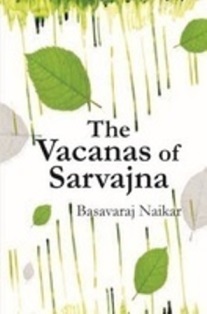
BOOK REVIEW
If ever a
comprehensive history of Indian literatures in English is written, the name of
Professor Basavaraj Naikar should be written in bold letters. During his
teaching career he used both parts of his mind with equal efficiency: one part
took care of literary criticism, another of translation. In the latter area he
endeavoured to project the major works of leading religious figures of his
linguistic region i.e. Karnataka.
VOL- 1 ISSUE- 2, Pune Research -An International Journal in English (ISSN 2454-3454)
1.2.24

TRANSLATION
The
doctor remained silent for a while. Then he lifted his face and said, “Stop
studying at night. Don’t read at night.â€Â
Frightened, I replied, “How can that be possible, doctor? Old habits die hard. This habit of studying deep into the night has stayed on since the college days. Life will take turns if I give up the habit.â€Â
The doctors are usually sparing in laughing. As if their personalities will take a beating if they do so. Sometimes patients get to their nerves if they watch a doctor smile too often. They talk unnecessarily more than what is needed. My doctor laughed a little. Perhaps he enjoyed my frightened face.
VOL- 1 ISSUE- 2, Pune Research -An International Journal in English (ISSN 2454-3454)
1.2.25

INTERVIEW
Marie-Eve Racette lives in Ottawa, Canada. She is an interpreter, erstwhile translator, entrepreneur, free-lance writer, an independent traveller and a gentle human being. She is a combination of sharp intellect and beautiful mind. Let me unravel a dynamic multifaceted personality through an interview.
VOL- 1 ISSUE- 2, Pune Research -An International Journal in English (ISSN 2454-3454)
1.2.26

POEM
DISCOVERING OUR OWN DIVINITY
VOL- 1 ISSUE- 2, Pune Research -An International Journal in English (ISSN 2454-3454)
1.2.27

POEM
LET US BREAK THIS INVISIBLE WALL !
VOL- 1 ISSUE- 2, Pune Research -An International Journal in English (ISSN 2454-3454)
1.2.28

POEM
TRIBUTES TO ABDUL KALAM